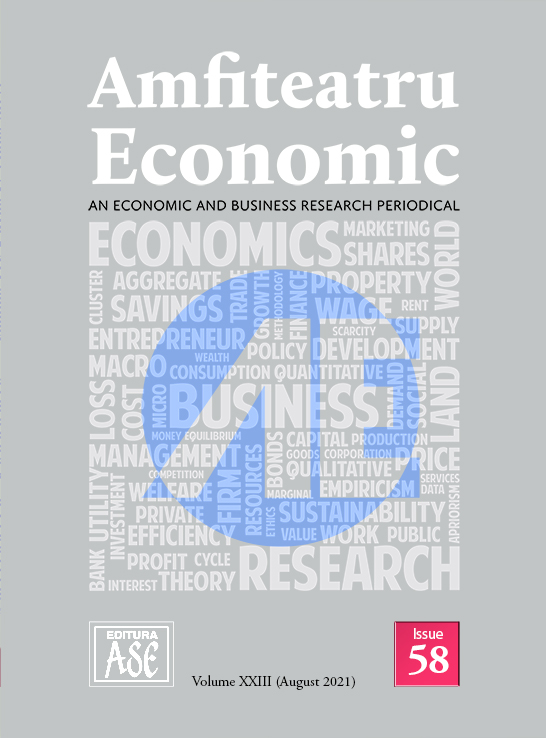The Impact of Hybrid Workplace Models on Intangible Assets: The Case of an Emerging Country
The Impact of Hybrid Workplace Models on Intangible Assets: The Case of an Emerging Country
Author(s): Milenko Radonić, Valentina Vukmirović, Miloš MilosavljevićSubject(s): Business Economy / Management
Published by: EDITURA ASE
Keywords: hybrid workplace models; flexible working; teleworking; intangible assets; human capital; relational capital; structural capital; intellectual capital;
Summary/Abstract: As part of a safety-first principle during the COVID-19 pandemics, the vast majority of companies have enabled flexible working environments, reducing the number of employees in the premises. The global best practices have firstly been recorded among the ICT companies which offered teleworking to their employees, empowering safety and flexibility through remote work policies and flexible working hours. Although hybrid working models might become a standard in many industries, only a paucity of papers has examined the relationship between novel working environments and various classes of intangible assets. The aim of this paper is to present the effects of hybrid working models (telework and flexible working hours) on intangible assets (human, relational, structural and intellectual capital). While the existing hybrid work principles have already shown mixed effects on corporate outcomes, its impact on intangible assets remains unrevealed. To address this research gap, we conducted an empirical study. Primary data were collected in the Serbian ICT sector (N=122) using a structured questionnaire developed for this purpose. Data was analyzed with the OLS regression. The results confirm the positive effects of the hybrid working model on intangible assets of ICT companies, which could further propel the financial success of these companies. In general, these results imply that hybrid working models, which are becoming a standard for many industries, would not jeopardize the creation of intangible assets – the ultimate resource of modern companies.
Journal: Amfiteatru Economic
- Issue Year: XXIII/2021
- Issue No: 58
- Page Range: 770-786
- Page Count: 17
- Language: English

